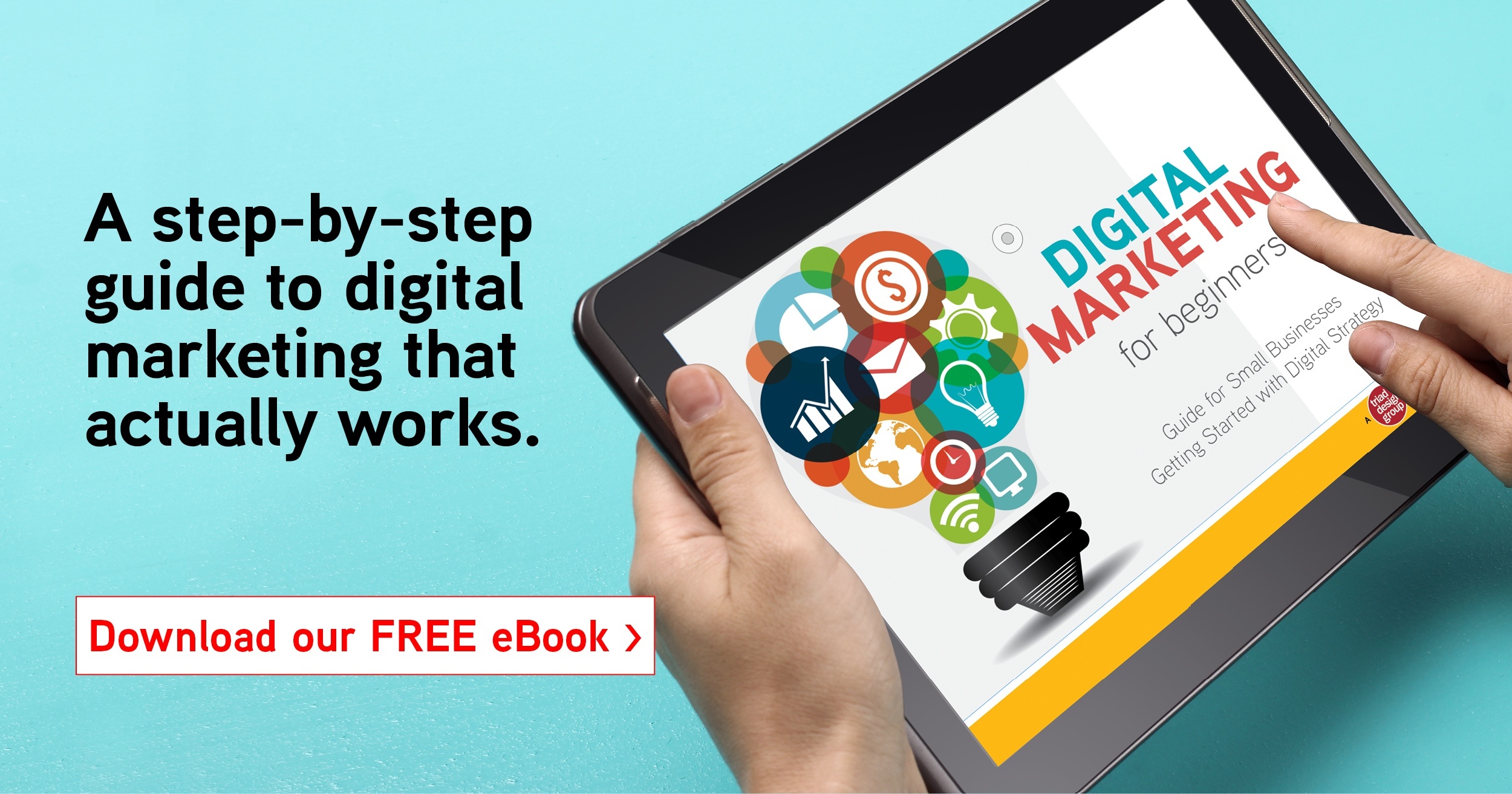All too often we hear the terms branding and marketing being misunderstood, mixed up, or used interchangeably. It's critical to know that they aren't the same at all. Both are crucial to building a business but it's important to know the difference. That way, you can effectively utilize both of them to your best advantage. Let's look at branding vs marketing and see how to get the most out of each...
Marketing
Since marketing is the term people tend to understand better, let's start with that one. First of all, we can also make another distinction that eludes many business owners. Marketing is not identical to advertising. Marketing is a more comprehensive term that includes any tools and tactics you use to build your business. Advertising is often one of these tactics. Optimizing your website for the search engines or SEO is an example of a marketing tactic that's not advertising.
Every business has to market itself. Even if you have a store or kiosk in the middle of a high-traffic area, you need a good sign, menu, or collateral to inform customers about what you have to offer. Most businesses need more extensive marketing to promote themselves. Today, you're likely to use a variety of marketing tools and strategies. These may include print ads, inbound marketing, pay-per-click ads, SEO, social media marketing, videos, signs, billboards, and many other possible tactics. Essentially, anything you do to get attention, leads, or customers to your store or website is marketing.
Branding
It's easy to confuse branding with marketing, as the two are related. Branding, however, is a more complicated and nuanced practice. As mentioned, if you have a business it's inevitable that you're doing one type of marketing or another. Many businesses, on the other hand, fail to engage in any real branding. This definitely limits your potential but it's possible to run a business, even a moderately successful one, without branding.
A brand exists in the minds of consumers. That’s it. Nowhere else. Your brand is how your customers perceive you. Just as people have personal identities, businesses also have identities. This includes your image, values, and personality. It might sound strange to talk about a business having a personality, but they actually do! Think of Apple and Harley Davidson - each of these companies have their own distinct character. If Apple was a person, they would be a little hipster-ish, smart but not boring, approachable, fun and dependable. Harley on the other hand, would exude confidence, American spirit and ruggedness. No one has even written that out for us, we just know. That is branding in all its glory - the process of identifying and communicating personality traits.
One way to recognize branding is that it's not directly related to selling or any specific call-to-action. It's more concerned with intangibles. At the risk of muddling things, some marketing or even advertising campaigns include branding strategies. Think of companies that are exceptionally good at branding, such as Apple, Nike, Disney, Coca-Cola, and Geico. Regarding the latter, everyone is familiar with ads featuring the Geico gecko. What's notable about these ads is that they barely mention the company's product until the very end of the commercials when, almost as an afterthought, the gecko mentions you can save on car insurance. The rest of the ad is pure branding. Nike, meanwhile, has mastered the art of associating its products with a healthy and athletic lifestyle. Apple's ads focus more on the originality and aesthetics of the company than on product features. Disney and Pixar brand themselves with distinctive characters.
The Benefits of Branding
As mentioned, you can have a business and not worry about branding. To return to the example of a busy kiosk in a big city, you might sell newspapers, coffee, cookies, or burgers from a kiosk, food cart, or store without branding yourself. On a larger scale, many stores and websites focus entirely on their products and don't convey any discernible image or personality. This approach, however, has some real drawbacks. You can sell products without branding but you can't build customer loyalty. People will just as soon buy from another store or website that sells similar stuff without noticing the difference. Branding is for building a long-term business with customers who appreciate your unique identity.
To get the best of both worlds, learn how to combine both marketing and branding. While you may not have the budget of a large company, you can still infuse your marketing with your brand identity. To do this, you need clarity about what kind of image you want for your brand. Then you can include branding in all aspects of your business.
If you're ready to get serious results with your branding and marketing campaigns, contact us.






Let Us Know What You Thought about this Post.
Put your Comment Below.